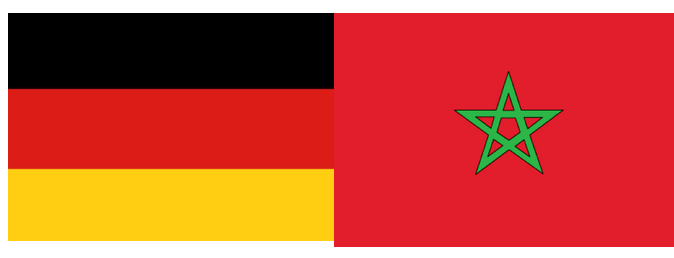 5 July 2016: During the seventh Petersberg Climate Dialogue, themed ‘Making the Paris Agreement a Reality,’ the 35 countries in attendance focused on swift implementation of the Paris Agreement. The German hosts announced a global partnership to support the implementation of nationally determined contributions (NDCs) and indicated their intent to conclude the steps in the German ratification process before the 22nd session of the Conference of the Parties to the UNFCCC (COP 22) in November 2016.
5 July 2016: During the seventh Petersberg Climate Dialogue, themed ‘Making the Paris Agreement a Reality,’ the 35 countries in attendance focused on swift implementation of the Paris Agreement. The German hosts announced a global partnership to support the implementation of nationally determined contributions (NDCs) and indicated their intent to conclude the steps in the German ratification process before the 22nd session of the Conference of the Parties to the UNFCCC (COP 22) in November 2016.
The two-day Dialogue was chaired by German Federal Environment Minister Barbara Hendricks with Moroccan Foreign Minister and incoming COP 22 President Salaheddine Mezouar, on 4-5 July, in Berlin, Germany. Hendricks and Federal Development Minister Gerd Müller introduced Germany’s initiative on NDC implementation, which creates an NDC Support Cluster as part of the International Climate Initiative (IKI) of the German Federal Ministry of Environment (BMUB). Under the cluster, projects from about 30 countries are pooled together and receive guidance related to political and institutional landscape, sectoral approaches, financing, and data and transparency.
In concluding remarks, Mezouar outlined a roadmap of key elements of particular importance to the incoming Presidency: urging countries to ratify the Agreement before COP 22, which will take place from 7-18 November; making it possible for NDCs to be translated into reality; creating a simplified and accessible mechanism for climate finance; and ensuring cooperation and coherence among non-state actors’ climate action.
He added that creating a link between renewable energy and finance should be another initiative that comes out of COP 22. For her part, German Federal Chancellor Angela Merkel said renewables have turned into the most important pillar of electricity generation in Germany and will soon be entering a new phase that shifts away from subsidies and encourages competition among bidders in an auction.
Merkel also touched on aspects needed to “give life” to the Paris Agreement, including long-term decarbonization strategies and climate-friendly infrastructure investments. She noted the cost of these investments is negligible compared to the pay-off. Other aspects are the “painful process” of reviewing what Parties have achieved under their NDCs and increasing their ambition, as well as the need to reconcile financial flows with low-carbon, climate-friendly development, according to Merkel. Noting the need to learn from one another, she gave the example of an important lesson learned about carbon pricing: that it does not work well automatically. Merkel previewed Germany’s Group of Twenty (G20) Presidency in 2017, hinting that these would be among the issues Germany would prioritize.
On ratifications, Mezouar highlighted that Morocco will complete the necessary steps to ratify the Agreement before the end of August. During questions and answers with Merkel and Mezouar, Saudi Arabia also announced that it has started its ratification process and expressed the hope to complete it by COP 22.
At a closing press conference, Hendricks shared her optimism stemming from the Dialogue that countries will be able to implement the Agreement. She said governments worldwide are standing by their promises, but reminded that a lot of work on the rules for the Agreement, including on transparency and finance, remains.
The Dialogue is an annual event hosted by the BMUB. Originally an initiative of Merkel, the first Dialogue was held in May 2010 as a follow-up to COP 15 and in preparation for COP 16. Representatives from all regions of the world gather at the Dialogue for informal discussions in support of the UNFCCC negotiating process. The Dialogues are chaired by Germany and the president of the upcoming COP. [Petersberg Climate Dialogue VII Webpage] [BMUB Press Release] [Petersberg Dialogue Live Webcast Recording] [Press Release on German NDC Implementation Partnership]